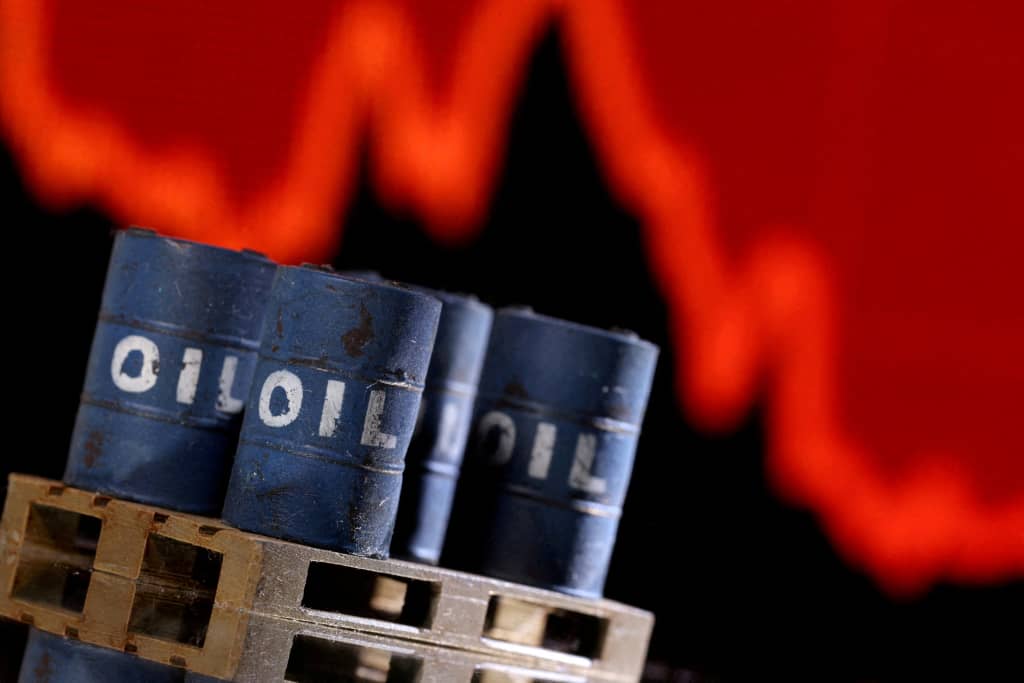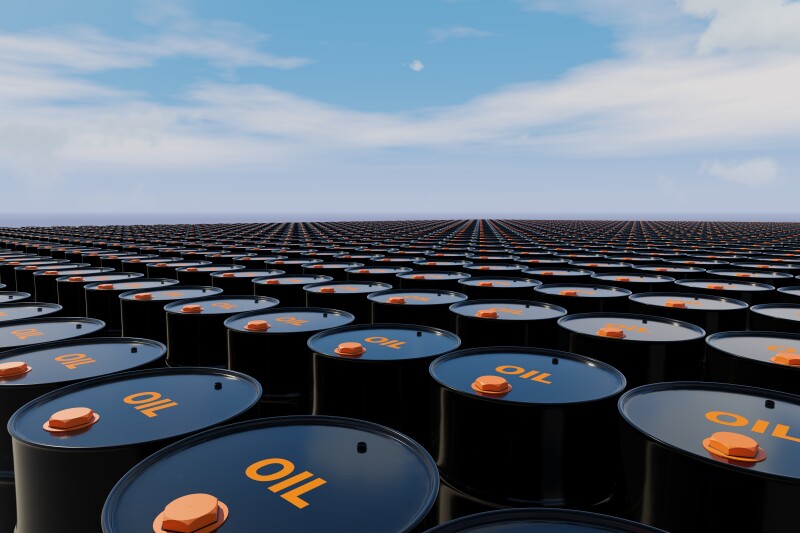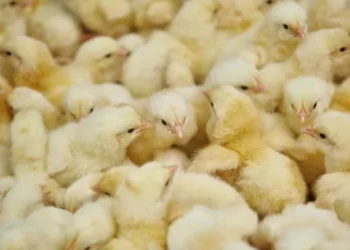Eight key members of the OPEC+ alliance have agreed to implement a measured increase in oil production beginning September 2025, citing stable global economic indicators and strong market fundamentals.
The decision followed a virtual meeting held involving Saudi Arabia, Russia, Iraq, the United Arab Emirates, Kuwait, Kazakhstan, Algeria, and Oman.
According to a joint statement released after the meeting, the participating countries will collectively adjust oil production from the August production level.
“In view of a steady global economic outlook and current healthy market fundamentals, as reflected in the low oil inventories.
“The eight participating countries will implement a production adjustment of 547 thousand barrels per day in September 2025.”
OPEC+ joint statement
This marks a continuation of the gradual phase-out of the 2.2 million barrels per day of voluntary production cuts first introduced in April and November of 2023.
The OPEC+ members explained that this latest adjustment aligns with an earlier decision reached on December 5, 2024, which set a roadmap for gradually reintroducing previously withheld output to global markets.

They emphasized that this process would remain flexible and subject to ongoing review, especially if market dynamics shift unexpectedly.
Crucially, the alliance underscored that the drawdown of voluntary cuts could be paused or reversed at any point if market conditions warrant such action.
This built-in flexibility, they argued, allows them to continue supporting oil market stability without undermining price or supply dynamics.
The move comes at a time when oil prices have shown relative steadiness, supported by tightening inventories and cautious optimism about global economic resilience.
Industry analysts see the announcement as an effort to preempt volatility while meeting growing demand without flooding the market.
OPEC+ Reaffirms Output Discipline

Beyond the supply adjustment, the eight OPEC+ members also used the opportunity to reaffirm their shared commitment to the Declaration of Cooperation, the cornerstone framework that has governed collective production decisions since its inception.
They specifically referenced the importance of compliance with additional voluntary production adjustments and acknowledged the oversight role of the Joint Ministerial Monitoring Committee (JMMC), which last convened on April 3, 2024.
In a notable development, the participating countries pledged to make up for any overproduction that may have occurred since January 2024.
They acknowledged the need to maintain credibility and accountability within the group, and confirmed that compensation mechanisms would be strictly enforced.
“The eight countries reiterated their collective commitment to achieve full conformity with the Declaration of Cooperation, including the additional voluntary production adjustments.”
OPEC+ joint statement
This commitment, they said, would be regularly reviewed through monthly meetings that evaluate not only production levels but also conformity and compensation efforts.

The next meeting of the group has been scheduled for September 7, 2025, at which time further adjustments could be made depending on market signals and geopolitical developments.
While OPEC+ has often faced criticism for its influence over global oil prices, its ability to adapt production levels in response to macroeconomic trends has been instrumental in stabilizing the market, particularly in times of crisis.
The cautious return of supply signals the alliance’s confidence in current demand forecasts, while preserving the option to intervene should conditions change.
The reaffirmation of the compensation mechanism is being seen as a sign that the group is keen to maintain internal discipline, a key factor in its credibility and long-term influence.
With the JMMC continuing to monitor compliance and adherence to production targets, the alliance appears committed to its role as a stabilizing force in the global energy landscape.
As market participants await the group’s next steps in September, the gradual easing of production cuts marks a new phase in OPEC+ strategy—one that prioritizes responsiveness and cohesion amid a complex and often unpredictable global economic environment.
READ ALSO: IMF Urges BoG to Hold Tight on Policy Rate to Cement Disinflation Gains



















